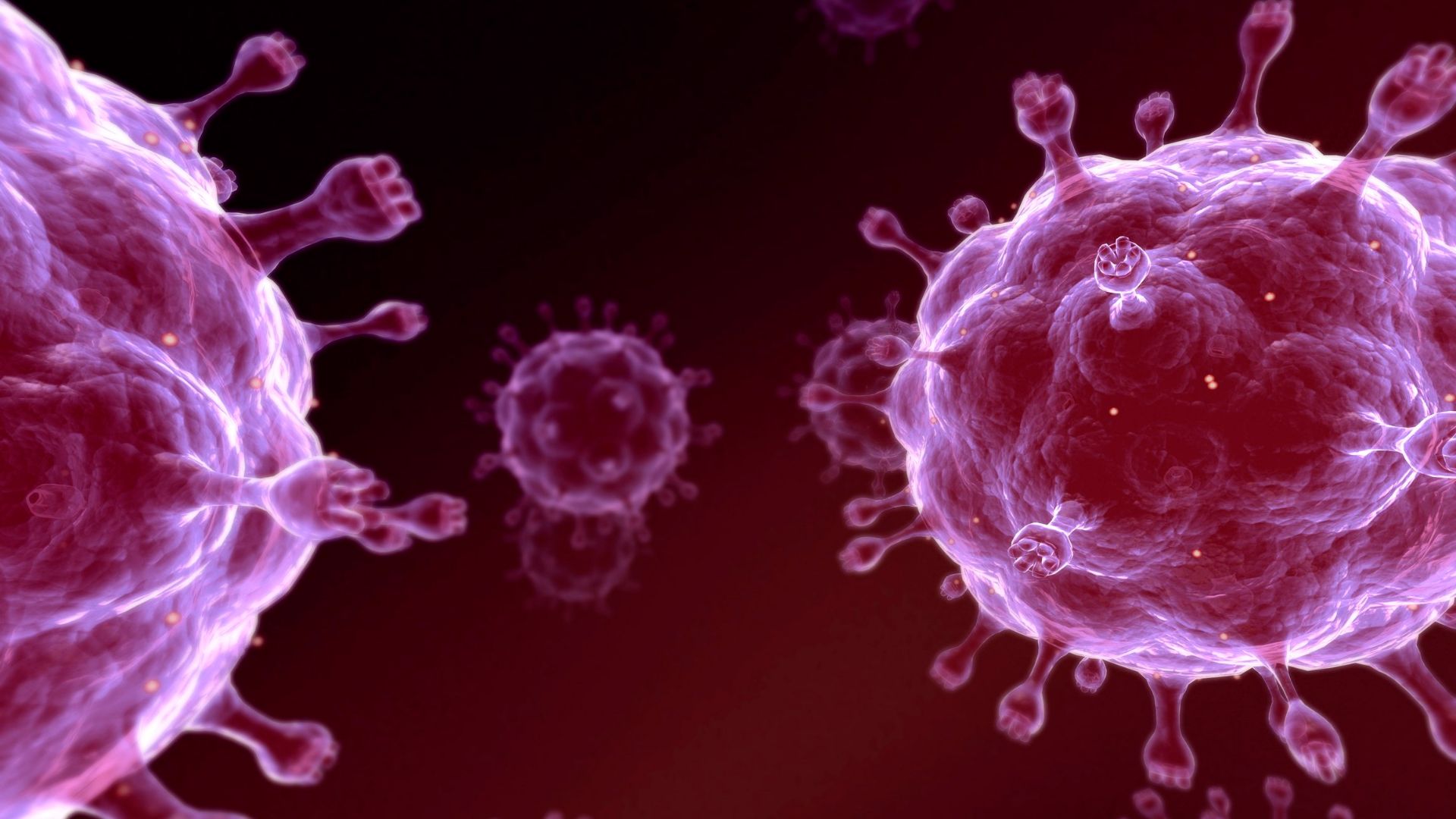Bridging AI & Biology: Absci and Caltech's HIV Solution Gains Gates Foundation Support
Addressing disparities in HIV treatment, Absci and Caltech's joint venture focuses on affordability and accessibility powered by a Gates Foundation grant
Aug 10, 2023
Science Photo Library (Canva)
In a significant announcement, Absci Corporation, renowned for its generative AI drug discovery prowess, has joined forces with top-tier researchers at the California Institute of Technology (Caltech). This groundbreaking collaboration, backed by a generous grant from the Bill & Melinda Gates Foundation, aims to revolutionize the landscape of HIV therapeutic vaccine research, marking a potential turning point in the global crusade against the HIV/AIDS epidemic.
At the heart of this collaboration, guided by Dr. Pamela Bjorkman, lies an amalgamation of Caltech's premier research strengths in structural biology, immunology, and protein design with Absci's innovative forays into synthetic biology and generative AI. This strategic alliance seeks to pioneer an HIV therapy, targeting a specific epitope binding site on HIV-1, promising both treatment and protection against the virus's diverse strains.
Even after 40 tumultuous years since the inception of the AIDS pandemic, a concrete cure or vaccine for HIV remains elusive. While Antiretroviral therapies (ARTs) offer a lifeline to many, they don't provide complete eradication and necessitate lifelong commitment. The hefty price tag and accessibility issues of these drugs leave many in low-income and marginalized communities in the lurch. This novel partnership, galvanized by the Gates Foundation's grant, aims to bridge this gap. By prioritizing affordability, scalability, and accessibility, Caltech and Absci are on a mission to address a global health challenge of monumental proportions.
"We are thrilled to receive this grant from the Bill & Melinda Gates Foundation," said Dr. Stephen Mayo, Bren Professor of Biology and Chemistry and Merkin Institute Professor at Caltech and project co-leader. "We’re committed to making transformative contributions to society through research and innovation, and we are excited to partner with Absci, who has developed a powerful de novo AI antibody platform that is helping to unlock new therapeutic possibilities. This collaboration with Absci allows us to combine our expertise and work towards a common goal of developing affordable HIV therapeutic vaccinations that can save lives and bring hope to millions."
"We are honored to be partnering with Caltech on this critical project," stated Sean McClain, Founder and CEO of Absci. "At Absci, we are driven to transform lives through the power of generative AI and synthetic biology. By joining forces with Dr. Pamela Bjorkman and Dr. Stephen Mayo, and with support from the Gates Foundation, we believe we can make significant strides towards developing affordable HIV therapeutic vaccinations and positively impacting global health."
Additional Comments
The SynBioBeta editorial staff reached out to Sean McClain and the Absci team to ask for more insight into the joint venture. Below are Sean’s responses to our inquiries:
SynBioBeta: For our readers who might not be familiar, can you explain how generative AI will play a role in developing an HIV therapeutic vaccine?
Sean McClain: The complexity of the HIV receptor shields it from the immune system and prevents most HIV-positive people from mounting a natural immune response to the virus. Generative AI will allow us to rapidly design antibodies never previously seen in HIV-positive individuals at speeds unachievable through traditional drug discovery campaigns. These designs can be optimized to specifically target the weak point of the HIV receptor. This will help to advance the development of a potential vaccine that can be scaled for widespread availability at a low cost.
SynBioBeta: Could you discuss briefly what you see as some of the key challenges you anticipate facing in this collaboration and how you plan to address them?
Sean McClain: HIV is an extremely challenging virus to neutralize. It has a complex receptor that the virus uses to bind to and infect cells, and there is incredible diversity among the HIV viruses circulating out there. In this collaboration, we will combine the structural insights from Caltech with our zero-shot generative AI to develop new antibodies that target the weak spot of the HIV receptor to potentially both treat and protect against infection from multiple strains of HIV-1.
SynBioBeta: What specific aspects of the research or development will the Gates Foundation grant help facilitate?
Sean McClain: The new grant will support the discovery, design, and validation of a novel therapeutic vaccine. It will leverage Caltech’s cutting-edge research and therapeutic expertise with Absci’s generative AI technology, which can design de novo antibodies using AI to be subsequently validated and tested. This will allow us to create completely new therapeutic vaccines while potentially also reducing the time to get the new HIV vaccine into the clinic and available for patients.
We look forward to the future of this endeavor and collaboration and will keep you updated on the progress.


















